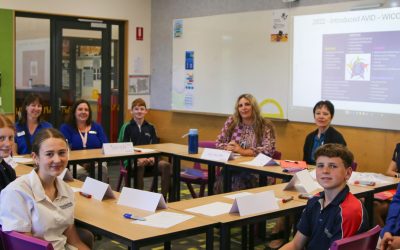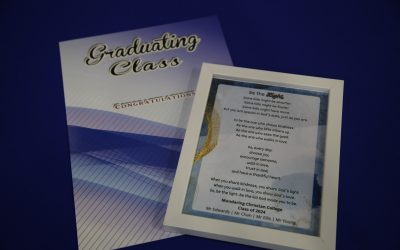‘I don’t believe you are dumb; you likely just lack fundamental facts.’
Some of the Year 5 and 6 students that I meet at enrolment interviews, and some of our Secondary students, share with me that they think they are ‘dumb’ at Maths or English. This belief (that they are less able to learn than others) can significantly limit student application to their work and resultant progress. In further conversations with these students, I often discover that the lack of fundamental literacy and numeracy facts is the problem rather than their ability.
The ability to instantly recall fundamental numeracy and literacy facts is crucial to student learning efficacy and success and should occur in primary and early secondary school. For example, students should be able to recall the times tables quickly. Four key reasons include the following:
Firstly, students in secondary school mathematics must complete assessments without a calculator.
Secondly, higher-order mathematics problems, such as working calculating 70% of $30, typically require a combination of a few more straightforward sums. In this case, 10% of $70 = $7, and 3 x $7 = $21. If the more straightforward sums are not instant (i.e. easy and quick), the problem will exceed a student’s working memory and become too difficult to solve.
Thirdly, students who don’t know fundamental facts can perceive that they are not good at Maths, reducing their belief that they can learn and achieve. The reality is that recalling fundamental facts has far more to do with their practice than their ability.
Lastly, repeatedly testing oneself until you can instantly recall fundamental facts will enable most people to retain that information for life instead of partial information that you forget quickly.
So, if your child does not recall crucial fundamental literacy and numeracy facts instantly, I encourage you to support them in changing that. To do that, I recommend focusing on a small amount of information to learn, completing three minutes of memory work (three times per day), and then only moving on when they can instantly recall facts. Memory apps and memory cards can be helpful, too.
By promoting a growth mindset and the value of practice, we can help students overcome the idea that they are “dumb” in Maths or English. We can empower them to build confidence and realise their potential with support and effective strategies.
Mr Tim Oates
Head of Secondary


